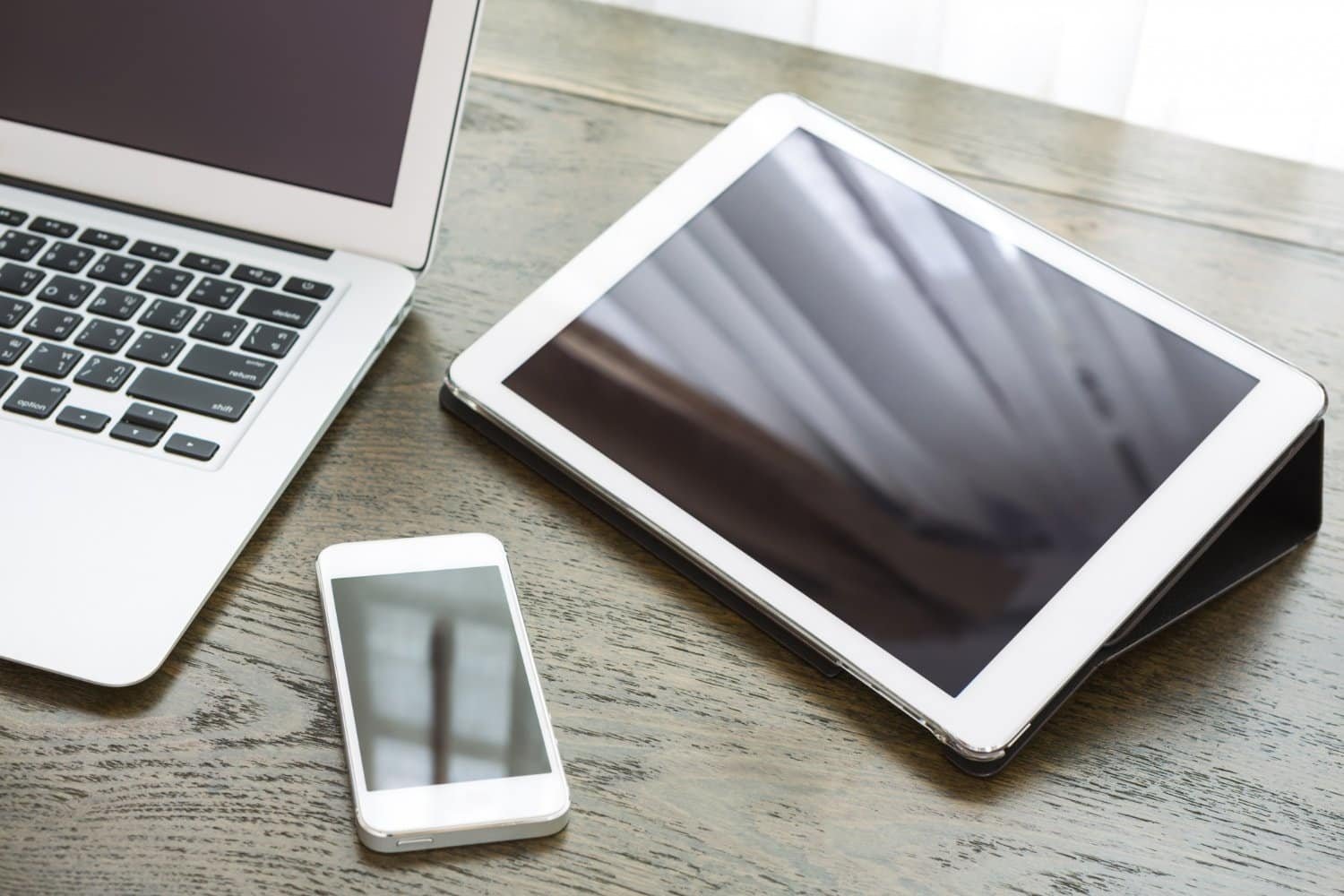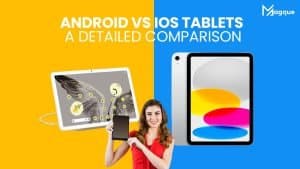Tablet vs. Laptop: Pros and Cons of Each Device
Hey there, tech enthusiasts! Are you torn between choosing a tablet or a laptop for your next computing device? It’s a common dilemma, but fear not! In this article, we’ll dive deep into the pros and cons of each device to help you make an informed decision that suits your needs.
Let’s start with tablets. These sleek, portable devices have become increasingly popular for their convenience and versatility. One of the most significant advantages of tablets is their portability. They’re lightweight, compact, and easy to carry, making them ideal for on-the-go use. A tablet is a perfect companion whether travelling, commuting or simply lounging on the couch.
Tablets also offer a touch-based interface, which can be more intuitive and user-friendly for specific tasks, like browsing the web, watching videos, or playing games. With the rise of stylus support and advanced drawing apps, tablets have become powerful tools for digital artists and creatives.
However, tablets do have their limitations. One of the most significant drawbacks is their need for a physical keyboard and mouse, making typing long documents or navigating complex websites a bit cumbersome. While some tablets offer detachable keyboards or support for external accessories, they may provide a different typing experience than a traditional laptop.
Now, let’s talk about laptops. These tried-and-true computing devices have been a staple for professionals and students for decades. One of the most significant advantages of laptops is their performance and productivity. With powerful processors, ample storage, and complete desktop operating systems like Windows or MacOS, laptops can easily handle demanding tasks like video editing, coding, and graphic design.
Laptops also offer a more traditional computing experience with a physical keyboard and trackpad, which can be more comfortable and efficient for tasks that require a lot of typing or precision. Plus, laptops are great for multitasking and productivity with their larger screens and multiple connectivity options.
However, laptops also have their drawbacks. Their larger size and weight make them less portable than tablets, and their battery life may be shorter. Laptops are more expensive than tablets, especially for high-end models with premium features.
In conclusion, both tablets and laptops have pros and cons, and the right choice depends on your needs and preferences. A tablet may be the way to go if you value portability, touch-based interfaces, and versatility. But a laptop may be the better option if you need performance, productivity, and a more traditional computing experience. So weigh your options carefully, consider how you’ll use your device, and choose the one that best fits your lifestyle and budget.
Read Also:
Tablets for Artists: Exploring Options for Digital Creativity













